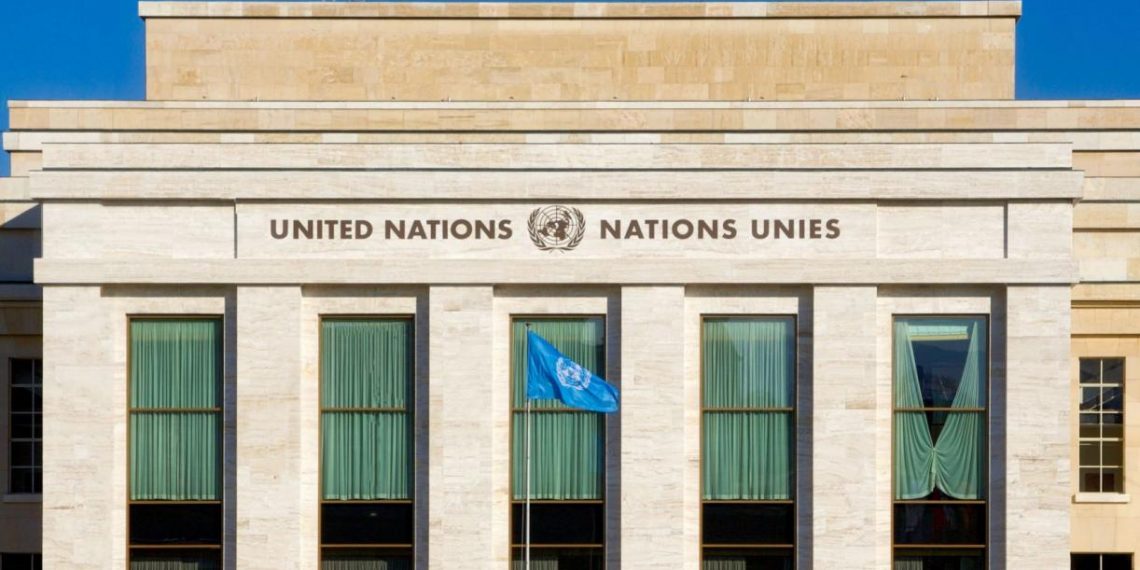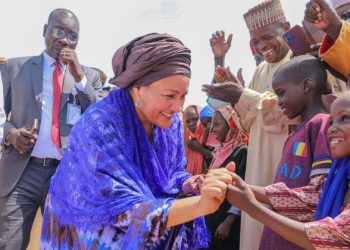Developing countries rely on the availability of climate finance for their enhanced adaptation, as well as their mitigation actions and plans. As a result, finance communications based on forecasts — or ex-ante climate finance — should help developing countries understand what financial support to expect from developed countries. This information better enables countries to plan and enhance their ambition.
In recognition of this, Article 9, Paragraph 5 of the Paris Agreement mandates developed country parties to submit information every two years on ex-ante climate finance and encourages others providing support to do so voluntarily. This mandate, known as 9.5 communications, is part of a broader transparency framework and reporting modalities for climate finance. These communications are the only formal source of forward-looking climate finance information, making them essential tools for planning and enhancing ambition. This framework has evolved over time and aims to enhance transparency, predictability and clarity in the provision of climate finance for developing countries.
The ex-ante communications under the Paris Agreement build on the pre-2020 long-term climate finance (LTF) mandates and arrangements. This includes the reports on Strategies and Approaches (S&As) for Scaling-up Climate Finance, which was agreed in 2013 to monitor progress toward the annual $100 billion goal.
Unfortunately, initial communications done with the current guidelines are only marginally useful for helping developing countries plan climate action. These communications need further enhancements to live up to their expected role within the Paris Agreement.
Initial 9.5 Communications: Process, Shortcomings and Takeaways
2020 marked a deadline for developed countries to submit their initial biennial 9.5 communications. So far, the UNFCCC has received nine submissions. All developed countries except for the United States and Iceland have submitted their communications[1]. These initial communications set in motion the post-2020 cycle of ex-ante climate finance reporting.
These communications can be massively useful for developing countries if done well. However, initial communications are falling short of what’s needed to make them fully informative and effective. Shortfalls include:
1. Projected Levels on the Quantity of Climate Finance
The initial 9.5 biennial communications show marginal improvements, compared to the S&As, on the predictability of climate finance provision for developing countries. While many parties presented projected levels of climate finance in their communications, these vary in nature, scope and timeframe. This variation makes it challenging to produce a detailed aggregate overview that would be useful to developing countries.
For example, some countries, such as the United Kingdom and Luxembourg, provided multiyear climate finance commitments. However, other countries only elaborated on previously communicated commitments under the Green Climate Fund (GCF) and/or the Global Environmental Facility (GEF), as well as contributions to the core budgets of the multilateral development banks (MDBs) — meaning these others did not provide developing countries with major new information.
2. Composition and Quality of Climate Finance
In these communications, developed countries put least developed countries (LDCs) and small island developing states (SIDS) at the top of their agendas; referred to issues on determining additionality of climate finance; highlighted the needs of developing countries; and aimed for a balanced provision of climate finance for adaptation and mitigation. However, most communications contain little to no information on how developed countries plan to achieve these objectives.
For example, while all parties highlighted the aim to achieve a balanced provision of climate finance for adaptation and mitigation, only countries like Sweden and Spain included specific details on contributions to the Adaptation Fund. While signaling the priority to increase finance for adaptation is a step in the right direction, future communications would improve with details on concrete plans and expected contributions to specific funds.
3. Paris Alignment Efforts
The initial communications also capture insights from parties on efforts to align financial flows with the Paris Agreement. Although considerations to achieve this alignment are an emerging trend, parties are interpreting the operationalization approaches for this long-term goal in a variety of ways. This increases complexity when comparing and assessing these efforts.
Improving 9.5 Communications Going Forward
The initial 9.5 communications came with many positive elements, including acknowledgement on the need to further scale-up climate finance and fulfill the annual $100 billion mobilization commitment. However, these elements are veiled by lengthy and well-known explanations on limitations that constrain countries’ ability to project levels of public climate finance.
The collective learning and improvement process on ex-ante climate finance can help overcome existing challenges, including filling gaps in knowledge and harmonizing methodological approaches and assumptions. The in-session workshop during the virtual Subsidiary Bodies sessions provided the first exchange of views on the submissions. Parties discussed insights, potential improvement options, lessons learned and the overall state of climate finance predictability and the compilation and synthesis report prepared by the UNFCCC Secretariat. Countries will have an opportunity in 2023 to consider updating the guidelines for presenting this information in the future.
Improving transparency, predictability and clarity of climate finance should be a joint priority of developing and developed countries. Parties should also ensure synergies and avoid overlaps with other transparency arrangements under the Paris Agreement and the Convention, including the long-term climate finance (LTF) provisions. Taking these steps can ensure that future communications accurately and effectively convey incoming climate finance, allowing developing countries to make the best decisions possible while scaling climate ambition.
[1] Communications were submitted by Australia, Canada, Germany and the European Commission on behalf of the EU and its member States, Japan, Monaco, New Zealand, Norway, Switzerland and the United Kingdom. Developed countries are required to submit 9.5 biennial communications, while other countries are encouraged to do so.



